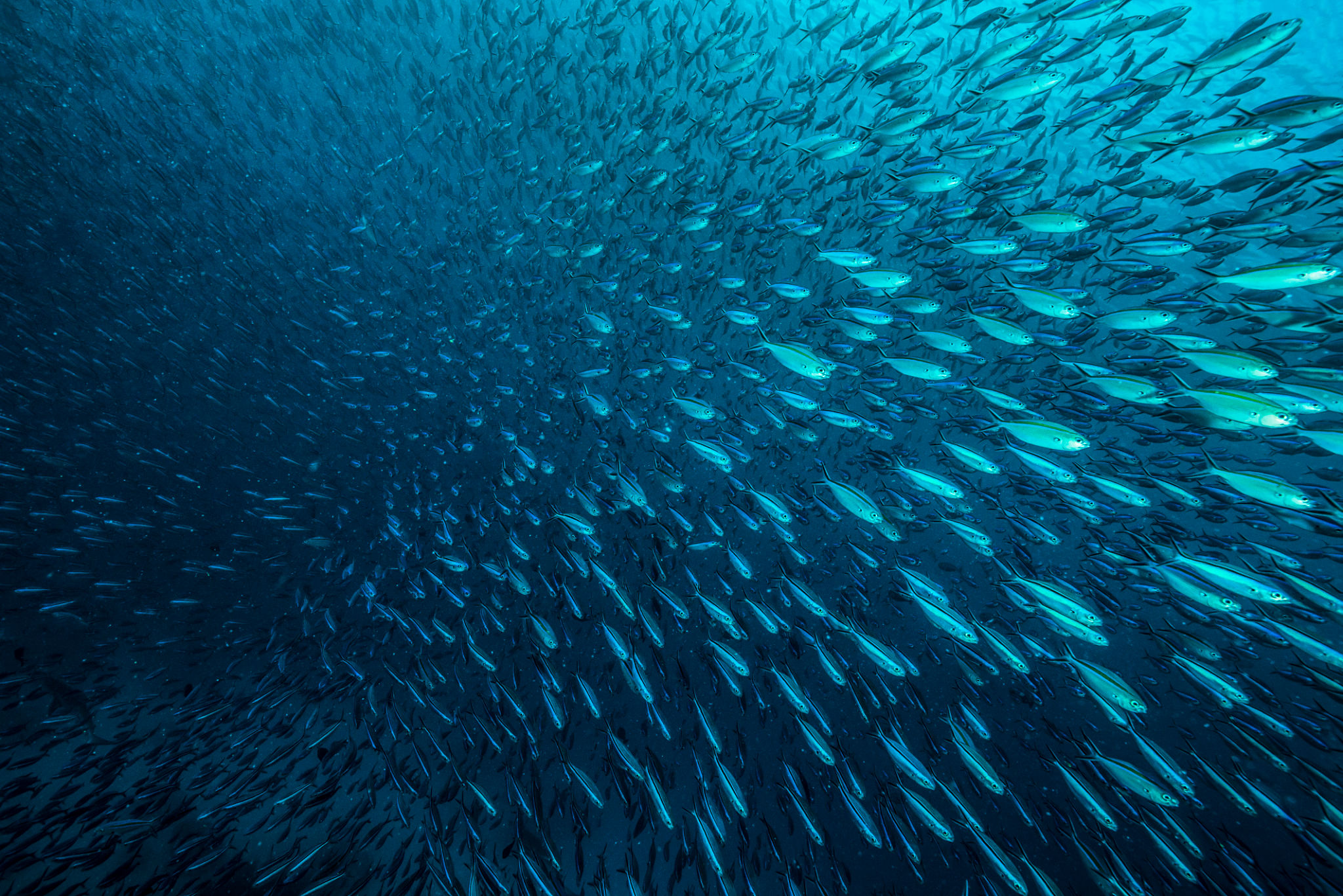The Future of Fishing Tours: Innovations in Sustainable Tourism
Introduction to Sustainable Fishing Tours
The world of travel is evolving, and with it, the way we approach tourism. In recent years, there has been a significant shift towards more sustainable and eco-friendly travel experiences. Fishing tours, a popular choice for adventure seekers and nature enthusiasts, are no exception. As the industry adapts to meet the needs of environmentally conscious travelers, innovations in sustainable fishing tours are paving the way for a brighter future.

Technology and Innovation in Sustainable Practices
One of the most exciting aspects of the future of fishing tours is the integration of technology to promote sustainability. Tour operators are increasingly using GPS mapping and sonar technology to identify fish populations and habitats that are not at risk of overfishing. This ensures that tours are conducted in a way that respects natural ecosystems and maintains fish populations for future generations.
Moreover, the adoption of electric boats is gaining popularity. These vessels reduce carbon emissions significantly compared to traditional fuel-powered boats, offering an eco-friendly alternative for fishing enthusiasts. The move towards electric boats not only benefits the environment but also provides a quieter, more serene experience on the water.
Community Involvement and Education
Sustainable fishing tours are not just about protecting the environment; they also focus on benefiting local communities. Many tour operators are partnering with local fishermen and communities to create experiences that are both educational and economically beneficial. By involving locals, these tours help to preserve traditional fishing methods and provide a source of income to those who rely on fishing as a livelihood.

Educational components are also becoming a key feature of sustainable fishing tours. Tourists have the opportunity to learn about marine ecosystems, conservation efforts, and sustainable fishing practices. This education empowers participants to become advocates for sustainable tourism and marine preservation long after their vacation ends.
Regulations and Certification Programs
Another significant trend in sustainable fishing tours is the implementation of strict regulations and certification programs. Governments and organizations worldwide are introducing policies that require tour operators to adhere to environmental standards, ensuring that their activities do not harm marine life or habitats. These regulations help maintain biodiversity and protect fragile ecosystems.
Certification programs, such as those provided by the Marine Stewardship Council (MSC), offer a way for tour operators to gain recognition for their commitment to sustainability. These certifications provide assurance to tourists that they are choosing responsible and eco-friendly options.

The Role of Consumer Demand
The demand for sustainable tourism options is on the rise, driven by an increasingly environmentally conscious consumer base. Travelers today are more aware of their environmental footprint and seek experiences that align with their values. This shift in consumer preferences is encouraging more tour operators to adopt sustainable practices, creating a ripple effect throughout the industry.
As more people choose sustainable fishing tours, it sends a powerful message that prioritizing the environment is not just a niche interest but a mainstream expectation. This consumer-driven change is essential for encouraging the wider adoption of sustainable tourism practices across all sectors.
Conclusion: A Sustainable Future
The future of fishing tours is undoubtedly bright as the industry embraces innovations in sustainable tourism. By integrating technology, involving local communities, adhering to regulations, and responding to consumer demand, fishing tour operators are charting a course towards a more sustainable future. As travelers continue to seek out eco-friendly experiences, the industry must remain committed to protecting our planet's precious marine resources for generations to come.